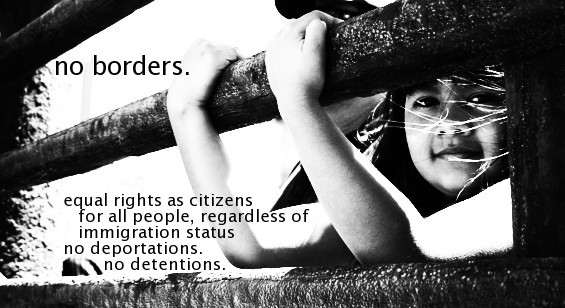IMF And World Bank Face Declining Authority As Venezuela Announces Withdrawal By Mark Weisbrot
Venezuela's decision this week to pull out of the IMF and the World Bank will be seen in the United States as just another example of the ongoing feud between Venezuelan President Hugo Chavez and the Bush Administration. But it is likely to be viewed differently in the rest of the world, and could have an impact on both institutions, whose power and legitimacy in developing countries has been waning steadily in recent years.Other countries may follow. President Rafael Correa of Ecuador announced last week that it was kicking the World Bank's representative out of the country. It was an unprecedented action, which President Correa punctuated by stating that "we will not stand for extortion by this international bureaucracy." In 2005, the World Bank withheld a previously approved $100 million loan to Ecuador to try to force the government to use windfall oil revenues for debt repayment, rather than the government's choice of social spending.
This is the way these two institutions have operated for decades. With the IMF as leader, and the U.S. Treasury department holding veto power, they have run a "creditors' cartel" that has been able to exert enormous pressure on governments over a wide variety of economic issues. This pressure has not only generated widespread resentment, but has also often led to economic failure in the countries and regions where the IMF and World Bank have had the most influence. Over the last 25 years Latin America has had its worst long-term economic growth performance in more than a century.
(Click here to read more)





